
Fake e-commerce store stresses loopholes in elephant ivory trade
An online ivory shop Ivory Lane promoted its business on Facebook in August this year, which prompted a strong public outcry in Singapore.
It was later revealed that the brand and e-commerce platform were set up by non-governmental organisation World Wide Fund for Nature (WWF) to highlight the loopholes in local wildlife laws, as the sale of elephant ivory remains legal in Singapore under certain conditions.
"It is not easy to understand wildlife laws and what is legal and not, a reality that is often misused by illegal traders. The general uncertainty leads to illicit wildlife trade hiding in plain sight. We set up the online shop, Ivory Lane, on the same legal premise that the real ivory traders use to operate in Singapore,” said Elaine Tan, chief executive officer of WWF-Singapore (World Wide Fund for Nature, Singapore).
Ivory that entered the market before 1990 are still permitted for sale in Singapore. According to WWF, this continues to facilitate illicit ivory trade globally as recently poached ivory could masquerade as vintage ivory. WWF’s investigations found over 40 shops in Singapore selling ivory products and numerous online listings on popular e-commerce and classified platforms. In physical stores, traders explained how to smuggle ivory across borders undetected, showing WWF investigators how easily the loopholes in the law can be misused.
"Businesses involved in the sales of illegal wildlife products – whether as retail platforms or actual shops – need to understand that by doing so they are facilitating an illicit trade linked to criminal organisations," Janissa Ng, spokesperson, WWF-Singapore told Retail Asia.
"The rise of online platforms has created additional channels for illegal wildlife traders to ply their products. Online platforms may not be directly in selling these products but are critical to closing online markets for illegal wildlife trade. Google, Microsoft, Facebook, Ebay and Alibaba are some global companies that have committed to take action. Putting in place policies against selling illegal wildlife products are a first step. These companies can also help detect and report any suspected illegal wildlife trade activity taking place on their channels," she continued.
Ng also encourages businesses involved in the sale of wildlife products to “operate responsibly in line with local and international laws aimed at preventing the exploitation of biodiversity”.



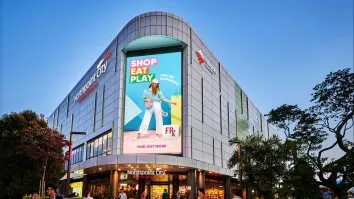








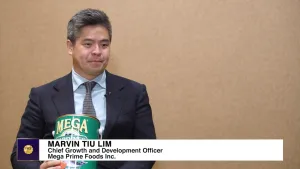
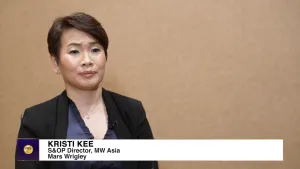


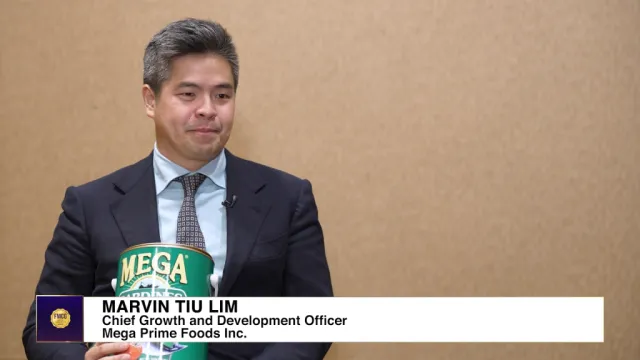
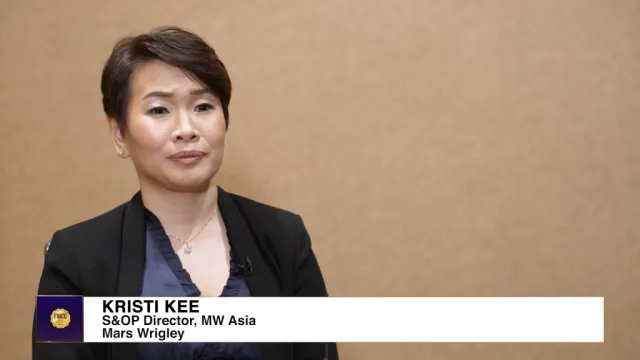

 Advertise
Advertise








